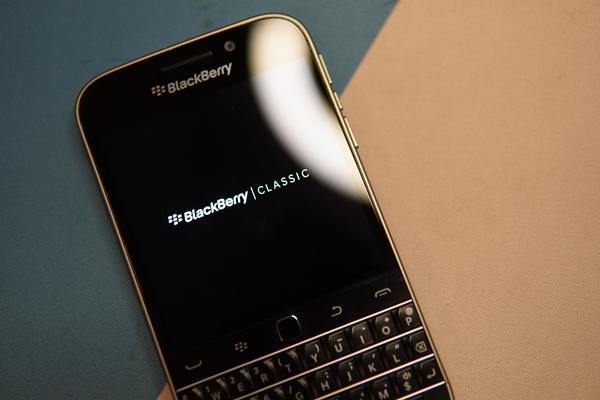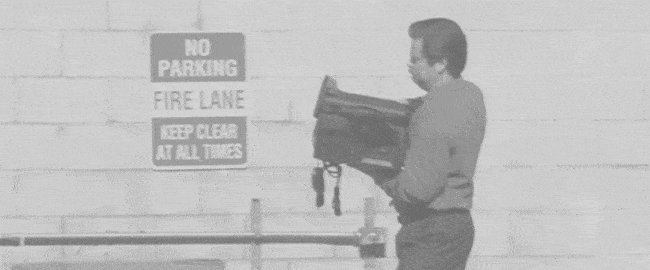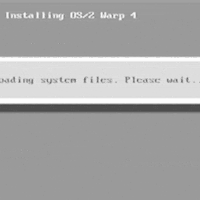
(Randy Lu/Unsplash)
Maybe it was timing, or position, or point in my life, but I missed out on the BlackBerry, a smartphone that came to define the phone experience for a lot of people in the 2000s. (I was rocking a Motorola RAZR at the time, if I remember right, then went straight to the iPhone 3G.)
And honestly, I understand why the classic BlackBerry has to leave us. It is a device that no longer reflects the company’s business model, that maintains a small cult of users rather than the massive empire of enterprise users it once had.
But it still is disappointing that we’re losing this innovator in the smartphone space from the airwaves entirely, due to a lack of support.
A big part of the reason that this fade is happening is because of the company that could not compete with Apple and Google, so it moved into other markets; but another part of the issue, which can’t be ignored, is that there is a constant pull of obsolescence that will force BlackBerry devices off the wireless systems in just a couple of years time … or sooner.
When things like this happen, I can’t help but to think of the device graveyard. It’s not that these devices are broken beyond repair; it’s that the infrastructure that keeps them online, the cloud services that run them and the wireless networks that don’t fall apart just because an old device hops online, that keeps them functional.
At the same time, we cannot simply rely on the charity of companies with shareholders and stakeholders to ensure that our gadgets work in the long run. It’s a situation that has limits, and ultimately, if T-Mobile and AT&T and Verizon want to shut down their old wireless networks to make way for new ones, there’s only so much that regular users can do about all that. And if BlackBerry decides to take its legacy cloud services offline, all consumers can do is complain, and run into the clear business realities that led to the situation in the first place.

(Martin Dawson/Unsplash)
But the truth is, landfills. They will be full of old BlackBerry devices, or if we’re lucky, they’ll get recycled so some value will be extracted from them.
I’ve been thinking about lifecycles a lately because of the lingering frustrations I have with my current phone, the OnePlus 9 Pro. The problem with the phone is not the hardware, but the software, which can get really laggy over time, and often can be difficult to use. But I’ve had it less than a year, so switching phones will come at a premium if I do choose to do it.
In retrospect, I wish I would have kept my old OnePlus 7 Pro, which was a great phone that, in my eyes, was only missing one feature: Wireless charging. But the problem is, half the experience of the phone is the software. And the software experience can be all too easily lost when a company takes their eye off the ball. (OnePlus is making some decisions behind the scenes that are degrading that experience.)
BlackBerry is, publicly and emphatically, taking its eye off the ball.
While it’s entirely possible that a bunch of BlackBerry devices will technically work to some degree after today, odds are high that they will not work going forward unless there is some broad community looking to maintain these devices on modern networks.
Now, granted, there are things that could likely be done to extend the lives of these phones slightly. For one thing, it could be a great option for BlackBerry-obsessed users to invest in a device or a solution that converts 3G signals to more modern 4G signals, allowing them to take advantage of a standard wireless network. And the strength of the community—a community that famously installed relatively recent versions of Android on the decade-old HP Touchpad, a device I now use as a clock—may pull off some surprises in keeping the BlackBerry around for just a little longer.
I guess my feeling on all this is to say that the BlackBerry, as a concept, would still have a niche all its own for years after most regular users ditched the basic services. Maybe it still will. But I feel like BlackBerry deciding to ditch this technology that will soon grow obsolete is disappointing, but obvious.
I mean, what else were they going to do, compete in the modern smartphone market?
Time limit given ⏲: 30 minutes
Time left on clock ⏲: 1 minute, 24 seconds



